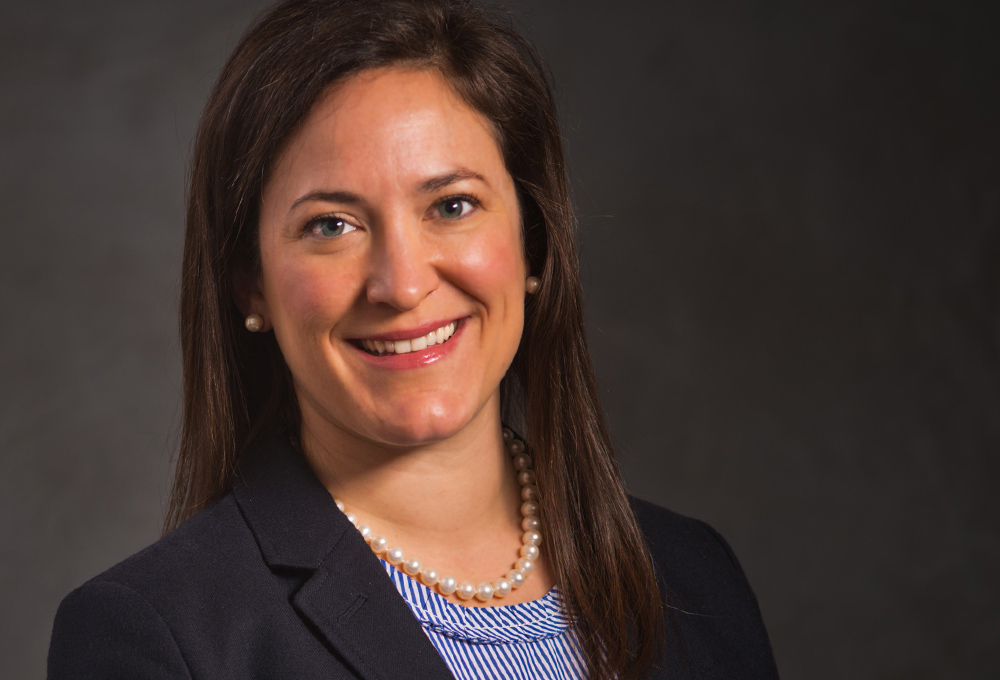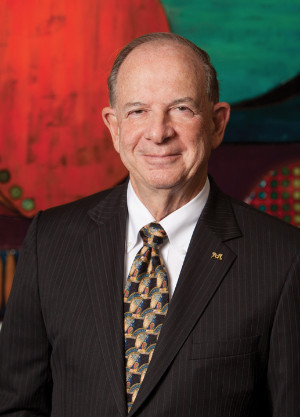WAEH 2018 meeting
Who will be our key note speakers of the 12th annual meeting of the World Association of Eye Hospital hosted by the Kellogg Eye Center in co-creation with the WAEH?

Carrie Morton
Mcity Deputy Director
University of Michigan
Mcity: Transforming the Future of Mobility for You
Morton oversees day-to-day operations of Mcity, the University of Michigan’s public-private partnership devoted to advancing the development of connected and automated vehicles. She is actively involved in supporting strategy development and execution, and fosters collaboration among Mcity’s industry, government and academic partners.
Prior to joining Mcity, Morton served a dual role at the University of Michigan Energy Institute. As director of business development, she helped broaden industrial relationships with energy faculty. Morton also served as assistant director for collaboration and industry outreach for the US-China Clean Energy Research Center – CleanVehicle Consortium.
Morton joined the university in 2011 after more than a decade in the automotive industry, primarily with the Robert Bosch Corporation. In her last role at Bosch, she was manager of government projects and responsible for leading all publicly funded research projects, with a focus on engine combustion.
Morton holds a Bachelor of Science degree in Mechanical Engineering and a Master of Engineering degree in Automotive Engineering, both from the University of Michigan.
Dr. Paul R. Lichter
Fundraising to What End? The Whys, the Hows, and the Satisfaction

Eye hospitals and eye programs can be excellent at what they do with a budget based on clinical earnings and grant support. However, if there is to be an extra measure of success, it is necessary to add an additional source of support.
This comes through philanthropy, enabling the building of fine facilities that help attract top-notch faculty and trainee talent while also providing funds for investment in the best and latest equipment and the funding of underfunded research. While the thought of a fundraising program can seem daunting to those who are not experienced in this arena, once such a program is developed and launched, there comes great satisfaction both to the recipients of the funds, but even more to the donors who provided them.
Prospective donors walk through the doors of our collective clinics every day, all over the world, and are seen by everyone who practices there.
Basic fundraising training of faculty and staff help make them more comfortable in participating in a fundraising program by enabling them to better recognize prospective donors and to undertake the next steps.
Once faculty see the fruits of their efforts, they become eager to do more, enabling their own programs and the broader institution to flourish.
Dr. Paul R. Lichter
Area of Practice:
Management of glaucoma and cataract; management of complications of glaucoma and cataract surgery
Kellogg Eye Center
Michigan Medicine